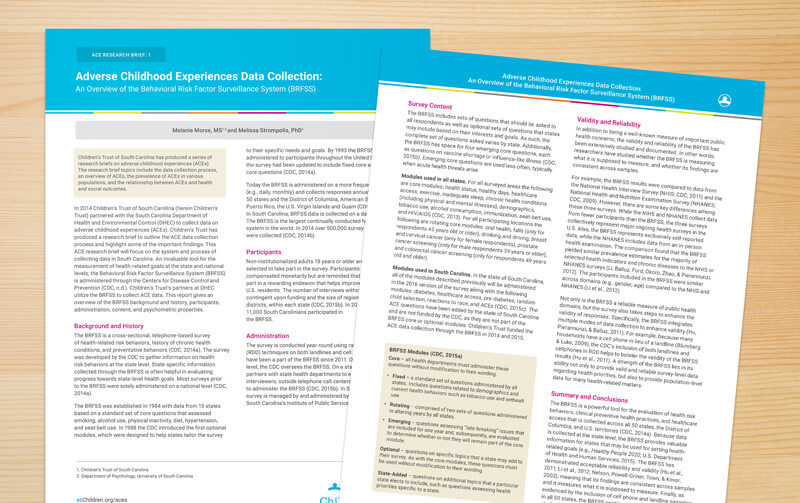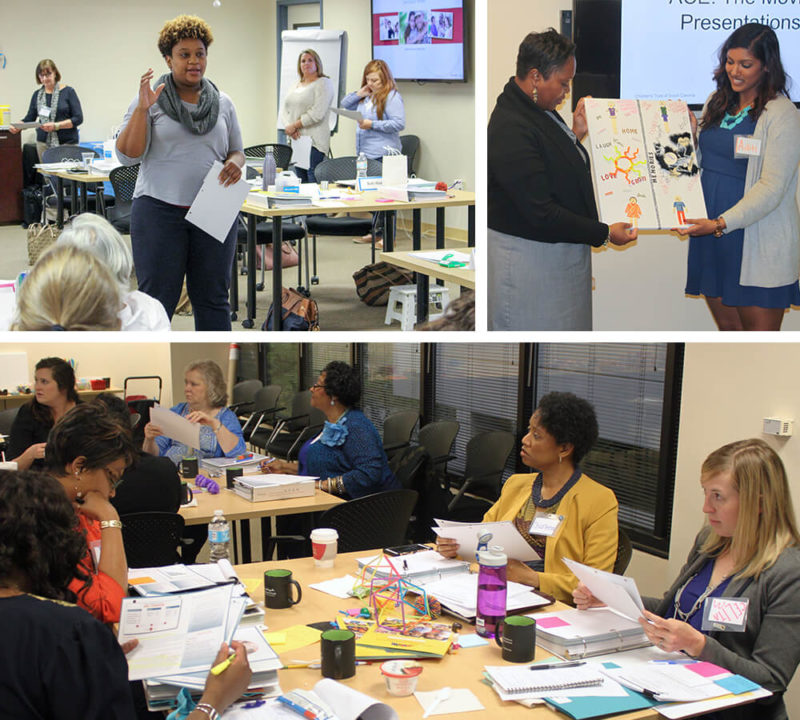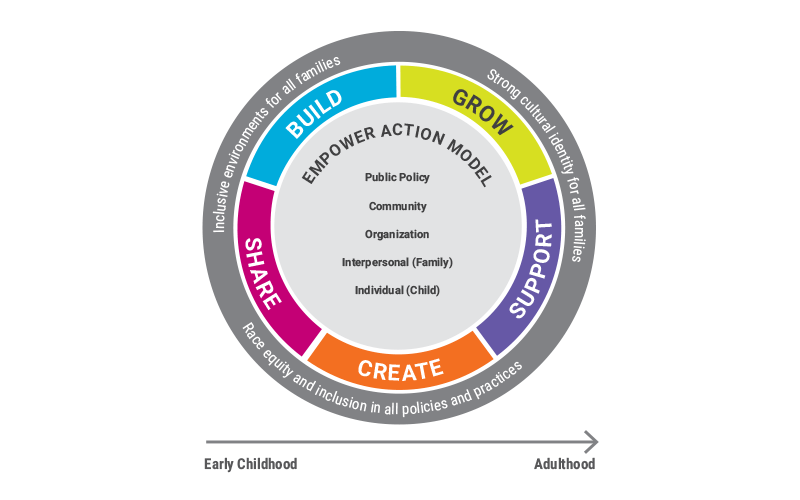Empowering communities to prevent childhood adversity
Adverse childhood experiences (ACEs) are traumatic events that occur in a child’s life prior to the age of 18. This adversity can harm a child’s brain and its development, which can result in long-term negative health and social outcomes.
ACEs include emotional, physical and sexual abuse; domestic violence; substance use and mental illness of someone in the household; being separated from parents, including incarceration and divorce; food insecurity; and homelessness.
Through the empowerment of communities, the South Carolina ACE Initiative helps children and families overcome the effects of traumatic experiences, prevent poor health outcomes and promote well-being later in life. Children’s Trust is training to increase awareness of ACEs and their impact, collecting and disseminating data, building a prevention planning framework, and promoting sound legislative policy to address ACEs in our communities.










